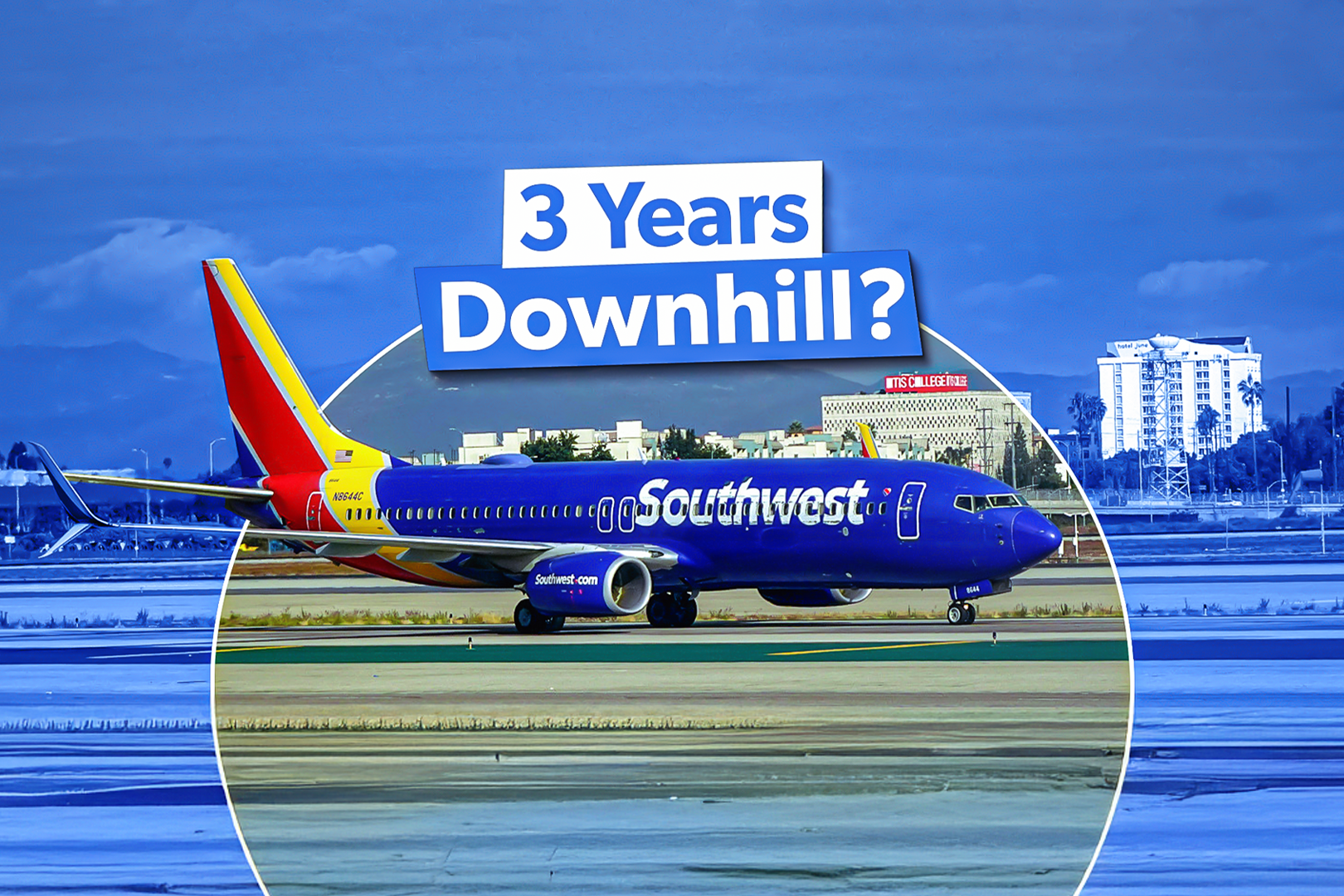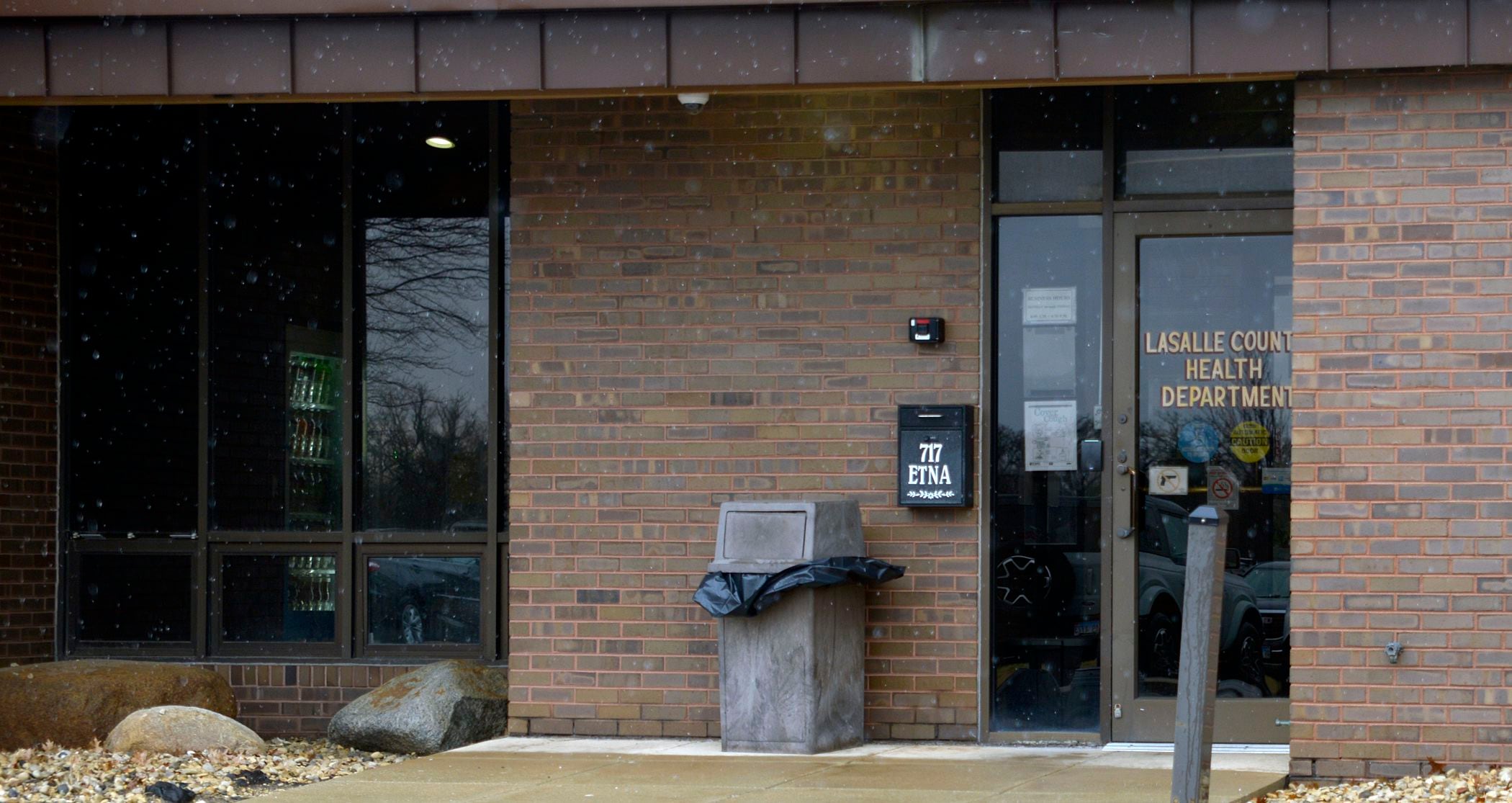In late December 2022, Southwest Airlines had a catastrophic operational failure that resulted in 16,900 flight cancellations and the stranding of nearly two million passengers. The catastrophe sparked immediate indignation and widespread media coverage because it occurred on days when travel was at its busiest. The airline's customer care lines were inundated with calls, overtaxing phone systems, and interfering with regular procedures for hotels, refunds, and other flights.
In addition to requiring more than $600 million in refunds and reimbursements, the United States Department of Transportation (DOT) imposed a $140 million civil penalty in the aftermath of the meltdown. Instead of receiving official airline alerts, some passengers discovered unexpected cancellations when they arrived at airports. Others found out about these changes through word-of-mouth or third-party communications.

"Today’s action sets a new precedent and sends a clear message: if airlines fail their passengers, we will use the full extent of our authority to hold them accountable,” said US Transportation Secretary Pete Buttigieg. “Taking care of passengers is not just the right thing to do — it's required, and this penalty should put all airlines on notice to take every step possible to ensure that a meltdown like this never happens again.” A lack of personnel made the crisis more complex.
When computer systems failed to keep up, staff intervened manually, but there weren't enough available to resolve all the issues. Southwest's inability to effectively track pilots and flight attendants resulted in a broad breakdown of an already challenging situation. In later analysis, some have begun to theorize that rather than being a one-time failure, this disaster exposed more profound systemic weaknesses.
Immediate fallout and reputational damage The main question that followed was whether Southwest's brand would suffer irreversible harm as a result of the holiday disaster. Travelers had associated the airline with dependability, low prices, and efficient services, but 2022 shattered that depiction in a spectacular fashion. In the wake of such utter and abject failure, many travelers began to doubt the airline's ability to deliver reliable flight schedules.
In follow-up investigations, it was revealed that Southwest employees believed that this catastrophe was inevitable. Due to his extensive work on the front lines, Herb Kelleher, the founder and former CEO of Southwest, was a very operationally oriented CEO. The tight organization started to change after Kelleher departed Southwest in 2004 and Gary Kelly took over as CEO, according to Captain Lonero , a captain at Southwest for more than 35 years.
“Gary was an accountant by education, and his style leading Southwest Airlines became more focused on finances and less on operations. He did not spend much time on the front lines. He didn’t engage front-line employees much.
When the CEO doesn’t get out in the trenches, neither do the lower levels of leadership.” Structural weaknesses and point-to-point pressures Failures of the technology were not the only element being examined. Although Southwest's point-to-point business strategy allowed for quicker and more direct connections to smaller airports, it also presented challenges when a sizable portion of its route network was disrupted by storms or staff shortages.
When delays happened at several airports, Southwest had the risk of causing system-wide ripple effects, in contrast to other big carriers that focus on problems at a limited number of hubs. "We have spent [2023] acutely focused on efforts to enhance the Customer Experience with significant investments and initiatives that accelerate operational resiliency," said Bob Jordan, Southwest Airlines President & CEO, in a statement. "Our commitment to Customers has been central to our success across our 52-year history and has helped us become one of the world's most admired and trusted airlines.
" USDOT found Southwest violated consumer protection laws by failing to provide adequate customer service assistance, prompt flight status notifications, and prompt refunds to thousands of passengers. Southwest later stated that they would make it "really easy" to request compensation. In 2023, new rules required airlines to compensate passengers with cash for significant flight delays or cancelations when carriers are responsible.
Most carriers, including Southwest, had voluntarily committed in August 2022 to provide hotels, meals, and ground transportation for airline-caused delays or cancelations, but resisted providing cash compensation . Southwest Airlines has undoubtedly ruffled some feathers in the past few months with a plethora of changes. Following its recent decision to rid of free checked bags, many passengers have expressed their dissatisfaction.
However, Southwest has doubled down on its policy change, referencing that it is not as bad as the Dallas Mavericks trading away NBA star Luka Dončić. Now, a recent Reddit post shared that the carrier is reaching out to some passengers with a survey asking how each of the recent policy changes will impact their likelihood of choosing it in the future. Do you think Southwest went too far with its policy changes? Sound off below! New policies and customer backlash In 2025, Southwest stopped offering passengers two free checked baggage and, immediately, many loyal customers have voiced their frustration.
Online complaints erupted, alleging that the airline had abandoned a crucial strategy that had made it unique among low-cost rivals. The decision sparked rumors that cost-cutting tactics were overshadowing Southwest's customer-friendly model as it coincided with other changes to seating and loyalty programs. As an explanation, Southwest announced that they have ended their practice of fuel hedging , which they claimed was directly responsible for their ability to offer luggage.
Simultaneously, Southwest announced its route network expansion. "Southwest is increasing service to many airports in California and Florida, as well as making year-over-year increases to several international destinations. Additionally, Southwest will welcome several new routes to its network next month with previously announced service between Nashville and Albany, Albuquerque, Jackson, Miss.
, Memphis, Tulsa, and Providence, R.I." The airline will still offer free luggage to members of the Rapid Rewards loyalty program, business class ticket holders, and those with the airline's credit card.
The company's founder, Herb Kelleher, was known for building a profitable product, but the company's free baggage policy was the last good thing it had. The company's stock value has lagged behind other airlines, and customers will be paying more for the shell of what it once was. As Emma Ruby of the Dallas Observer put it: "I loved Southwest Airlines anyway because Southwest Airlines loved me.
Now, like everything else good in this world, Southwest has been commandeered by capitalism, and we customers will be stuck paying more for the shell of what this company once was." Paradigm change in the worst way The conflict between frontline staff and executive decisions was also brought to light by the meltdown. On numerous occasions, certain flight crews argued that the leadership had disregarded their urgent pleas for more new technology and better scheduling software.
When phone lines failed and tracking aircraft assignments became difficult, the meltdown supported their claims. Herb Kelleher, who was heavily involved in frontline operations, is credited with creating Southwest's culture. The airline used to have a strong administrative presence on the ground, according to the employees, which promoted solidarity in the quest for reliable service.
The aftermath of the 2022 disaster shook Southwest to its core. The leadership of the airline has publicly shown that they intend to do everything possible to improve the operational performance and reliability of their airline, but the records show that change has really only come as a result of being forced by US regulators. The new infusion of profit-hungry corporate leadership in 2024 and the latest policy changes in 2025 show an ever-growing departure from the foundation of the company as well as its customer base.
Southwest Airlines once pulled off the impossible, using an ambitious strategy to save the company. Death throws or growing pains? It's entirely possible that the evolution of Southwest is underway as the nation's largest domestic air carrier finds a new path forward, but one sign that it may not be is that activist investor Elliot acquired a 10% stake in Southwest Airlines in 2024. Their assessment indicated that they see no value in the largest US domestic airline beyond the equity it has in its airplanes.
One openly admitted cynical take on the devolution of Southwest Airlines comes in a particularly harsh statement from Crankyflier.com . "Elliott is trying to find the easiest way to turn Southwest into an ATM.
" Elliot has a previous track record of interfering with US airlines to make a quick buck for their investors, regardless of the fallout it may have on the airline, US air travel, employees, or the broader aviation industry. One especially telling quote that Crankyflier.com also pointed out comes from their 2002 labor negotiations with United Airlines : "We don’t want to kill the golden goose.
We just want to choke it by the neck until it gives us every last egg." Not exactly the kind of rhetoric that inspires faith from employees or customers alike. One can imagine that Herb Kelleher would probably not agree with the sentiment - safe to say.
More than likely, the influence of Elliot will not make matters better for anyone working for or flying on Southwest. A bleak outlook The current public sentiment has shifted heavily and harshly against Southwest as a result of more than just the catastrophic winter travel debacle of 2022. The airline has followed that performance with a series of moves that clearly show their motivation is focused solely on profit at the expense of customer satisfaction.
Hopefully, the investments that were made in technology and reorganization between 2022 and now will at least make operations stable during holiday surges from now on. So is Southwest Airlines a ghost of its former self? At least on the surface, from a consumer perspective, it certainly seems that way. The carrier is virtually unrecognizable from its original business model with the policy and strategy changes that have been implemented.
Are international routes really worth abandoning the customer base that built Southwest into what it is now? From the online outcry, it's a safe bet that most would say not. With Southwest Airlines beginning to retire more and more Boeing 737-700s, the carrier will need replacements soon. It currently has over 340 orders for the 737 MAX 7, which would be a direct replacement.
However, as certification woes continue, would Southwest need to turn to a different aircraft instead?The Airbus A220 can be seen as the MAX 7s closest replacement. Plus Breeze Airways and Delta Air Lines have found great success with the aircraft type. What do you think?.
Top

Did Southwest Airlines' Downfall Begin With Its 2022 Holiday Meltdown?

Some would say the low-cost carrier is still reeling from its high-profile incident, which displaced thousands of passengers and crew members.











